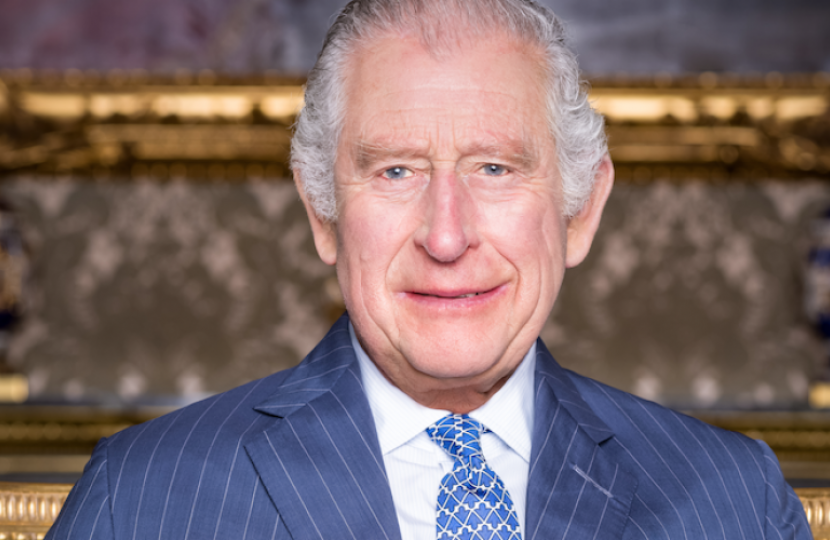
In a recent announcement from Buckingham Palace, the news of King Charles's cancer diagnosis has sparked widespread concern and a huge surge in public interest, particularly in matters concerning men's health. While the revelation of such personal news is undoubtedly sobering, it also sheds light on the unique soft power wielded by the British monarchy and its ability to influence societal behaviour positively.
The monarchy is an institution that holds a special place in the hearts of many around the world, symbolising tradition, stability, and continuity. But it also plays a significant role in shaping public discourse and fostering national unity. King Charles's transparency about his health condition is not only courageous, but also serves as a catalyst for important conversations, particularly regarding men's health issues such as prostate cancer, and you can now see its immediate impact.
One notable impact of the King's diagnosis is the substantial increase in visits to NHS advice pages related to prostate health. According to NHS England, the announcement led to a staggering 1000% surge in visits to the prostate enlargement page, highlighting the power of royal influence in raising awareness and prompting action. This surge in interest underscores the monarchy's ability to drive positive change and encourage proactive healthcare-seeking behaviour among the public. These are important conversations, and men are feeling comfortable enough to have them, and seek help.
Moreover, the response to King Charles's diagnosis reflects the deep sense of empathy and solidarity that the British people feel towards their monarch. Messages of support and well-wishes have poured in from all corners of society, and from across our borders, transcending political divides and reaffirming the monarchy's role as a unifying force in times of adversity. The King's courageous decision to publicly confront his illness serves as an inspiration for many others facing similar challenges, instilling a sense of resilience and growing community spirit.
What this also puts the spotlight on is the importance of the monarchy's soft power, which extends to various aspects of British culture and diplomacy. The Royal Family's global prominence and influence provides a platform for promoting British values, interests, and charitable causes on the international stage. Through their engagements and public appearances, members of the Royal Family bolster the UK's reputation and cultivate diplomatic relationships with other countries. It prompts reflection on why the positive contributions are often overshadowed by anti-monarchist sentiments, perhaps underscoring the inherent complexities of maintaining a free and fair society.
In times of crisis or uncertainty, the presence of a strong and stable monarchy offers reassurance and continuity, bolstering national resilience and cohesion. King Charles's dignified response to his diagnosis exemplifies the resilience and resolve that characterise the British monarchy, embodying the spirit of duty and service that defines this institution.
As I, take a moment to wish King Charles a speedy recovery and offer support to him and his family during this challenging time, it is important to recognise and also reflect upon, the enduring significance of the monarchy in shaping the collective identity and values of the United Kingdom. From healthcare advocacy to diplomatic outreach, the soft power of the monarchy continues to play a vital role in advancing our country’s interests and promoting positive change, both at home and abroad.



